UPDATE2 Breaking Down the UK Costs of 330Mbps FTTP on Demand Broadband
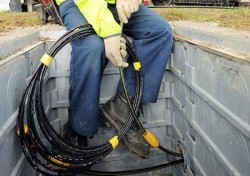
In theory this means that the service is currently available to order by 4.7 million premises, although the concept of “premises passed” has a different meaning when the product you’re ordering doesn’t technically pass anything until after you’ve actually had it installed (note: once one line in your area has had FoD installed then it should be easier for everybody else to get it too).
However you’d be hard pressed to find any ISPs that offer a FoD service and the EMD status is just part of the problem. Some, such as PlusNet, have run trials but never proceeded to offer a product and even BT itself doesn’t seem to promote one (note: this doesn’t mean to say that they won’t offer FoD in the future). Similarly Clara.net SOHO did do a 300Mbps FTTP package for £95.99 +vat per month but not FoD.
A Claranet Support Agent told ISPreview.co.uk:
“Please note that FTTPoD is still in a trial basis, and currently only available in certain areas, although it is becoming more and more widespread. We are not part of the trial runs for the service, however once it becomes released for ‘sale’, we will be able to provide the service.
We have a few customer who have expressed an interest in FTTPoD and where they are enabled for it, we are seeing estimated installation costs which are well into the £2000-3000 benchmark and more. So far however, we have not been able to place requests to order this for a customer where they can already receive FTTC as the FTTPoD is still on trial.”
ISPs have also struggled with whether or not to define the service as a consumer option or one that would be better for businesses (here). On the consumer side, it’s very expensive and under Ofcom rules the 36 month contract term makes it a business-only proposition.
On the business front, FoD doesn’t seem to offer the same Service Level Agreements as a full Ethernet product, can’t be used to serve Multi-Dwelling Units (MDU) and BT has chosen not to offer symmetric speeds like many true FTTP/H connections. The former CTO of business ISP Timico, Trefor Davies, last year speculated that this might be because it would have made BT’s own Ethernet products seem less attractive; though symmetric speeds could equally make it even more expensive.
In fact so far the only ISP that has offered any firm public price and package details for a FoD product has been Gradwell, which charges “from” £200 +vat per month for the service with a 500GB (GigaBytes) usage allowance. But soon even that offer might have to be scrapped because of a huge price hike.
Price Hikes
In January 2014 Openreach effectively made the cost situation worse by introducing a massive price hike (here). As a result the standard monthly rental shot from £38 to £99, while the connection charge jumped from £500 to £750 and the distance based charge went from £2 to £3.50 per metre (i.e. more than half of premises would now face a total connection charge of between £1,100 and £2,500).
Previously some middle-class consumers could still have justified the service as an investment into the value of their property but no longer. Remember, ISPs still have to lump their own costs and a profit margin on top, thus £99 +vat could quickly become a lot more (just look at Gradwell’s price for the old FoD product above as an example).
Openreach claimed that its original prices for FoD were based on various modelled assumptions (i.e. a small volume of completed orders), which sadly turned out to be wrong and thus the “cost of deployment is higher than we originally expected“. So rather than withdraw the service completely they instead opted for a significant price increase.
On top of that Openreach then decided to make the new prices effective from 1st May 2014, which we’re told by industry sources has caused some of the ISPs that had been quietly offering FoD to suspend new orders until they could gain clarity on the final prices (i.e. it’s a big investment for ISPs to handle and they can’t simply absorb such a huge change).
The Future
FoD was a good idea but it’s one that now seems to be drowning in a sea of confusion and high costs. Meanwhile the service is still being rolled out to telephone exchanges, although it’s unclear what the end deployment goal is or whether it will ever be achieved.
Clearly if BT are investing so much money into a service that doesn’t seem to be seeing much adoption then the operator must anticipate some other longer-term advantage(s). Some speculate that the work might benefit their future Fibre-to-the-Distribution-Point (FTTdp) / Fibre-to-the-Remote-Node (FTTRN) developments, which could potentially help to make FoD or native FTTP deployments cheaper in the long run.
But as a consumer (home) product it’s no longer viable (short of gaining some mainstream ISP support), although smaller businesses might be able to look past the lack of symmetric speeds and its other shortcomings. Indeed it might still work in some cities where related firms can secure grants (worth up to £3,000) to help cover the cost through the Government’s limited £150m “Super Connected Cities” (Urban Broadband Fund) scheme.
But right now there’s no escaping the fact that FoD sits at a crossroads and its choice of direction appears more uncertain than ever.
NOTE: It’s worth saying that Openreach are also investigating the prospect of replacing their Excess Construction Charges (ECC) with a single setup fee for most orders (much like it use to be before), although this probably won’t do much to help FoD (i.e. if you have to pay ECC’s as well then your bank balance must already be fairly large).
UPDATE
Openreach has responded to this article by confirming to us the latest batch of 163 telephone exchanges that have been upgraded to support the Fibre on Demand (FoD / FTTPoD) service between late December 2013 and March 2014. We’re now trying to find out what the current Q2-2014 plan is since the plan for Q1 has been known since last year.
UPDATE 27th Nov 2014
Sadly no further updates on FoD deployments have been issued since earlier this year. But we have at least found out that IDNet also do a FoD service (here), which starts at £203.40 inc. VAT per month and that’s just for a tiny 100GB usage allowance.
Mark is a professional technology writer, IT consultant and computer engineer from Dorset (England), he also founded ISPreview in 1999 and enjoys analysing the latest telecoms and broadband developments. Find me on X (Twitter), Mastodon, Facebook and Linkedin.
« Ofcom Finds UK Fixed Line Broadband ISP Connections Reach 22.6 Million
Latest UK ISP News
- FTTP (5533)
- BT (3518)
- Politics (2542)
- Openreach (2299)
- Business (2267)
- Building Digital UK (2247)
- FTTC (2045)
- Mobile Broadband (1978)
- Statistics (1790)
- 4G (1669)
- Virgin Media (1621)
- Ofcom Regulation (1466)
- Fibre Optic (1396)
- Wireless Internet (1392)
- FTTH (1382)







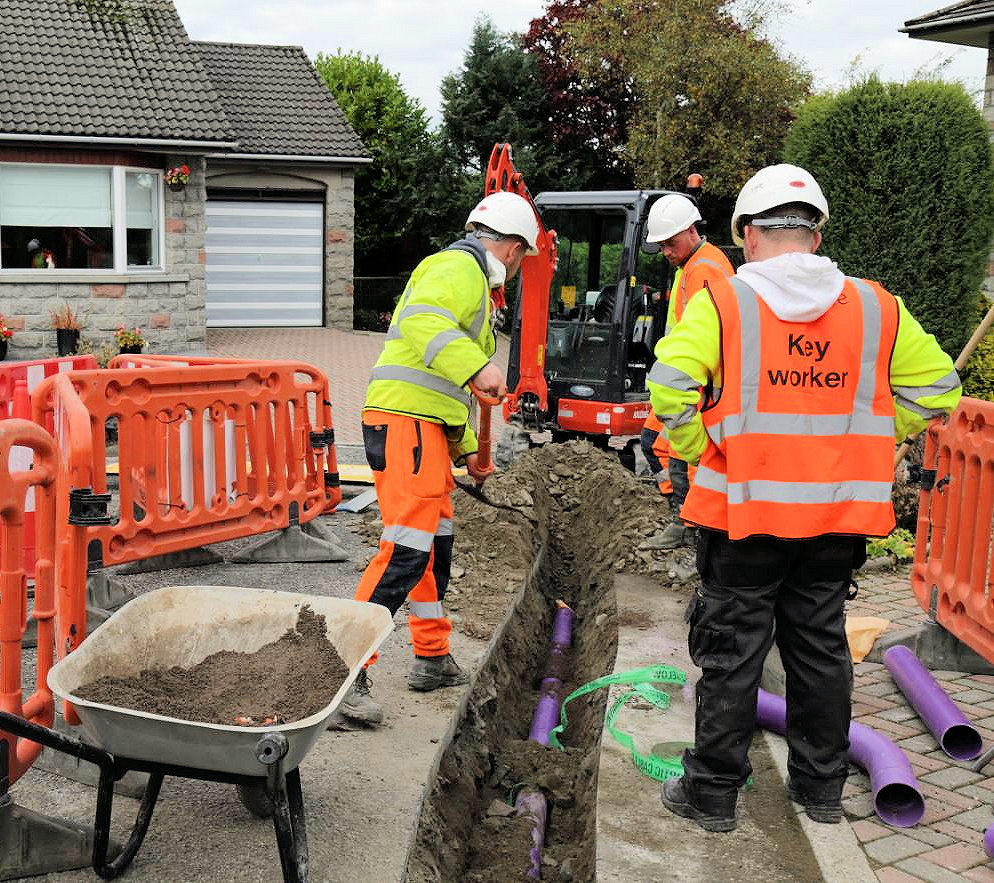

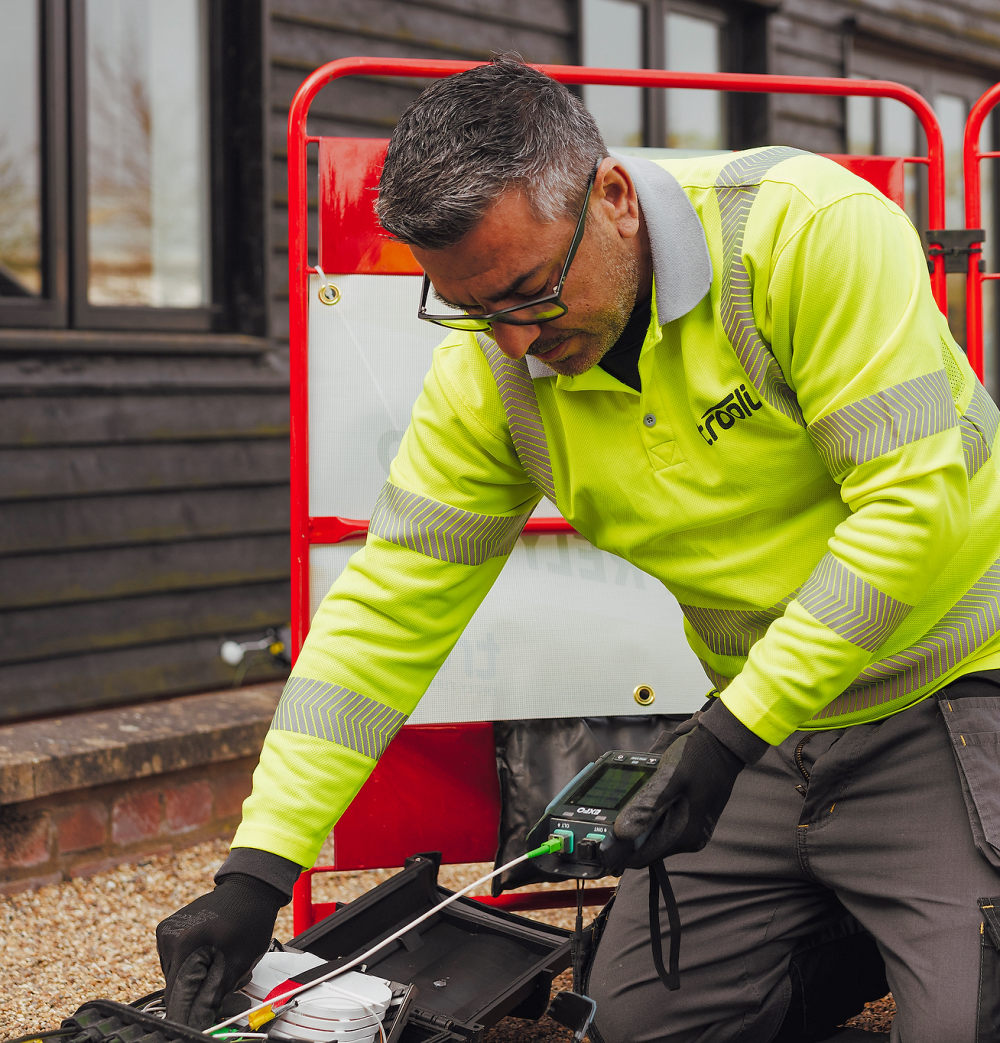
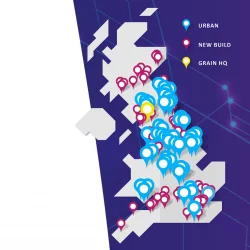












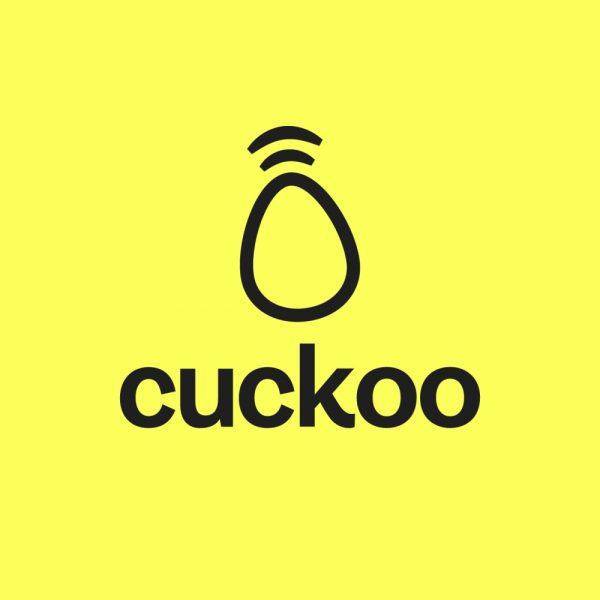
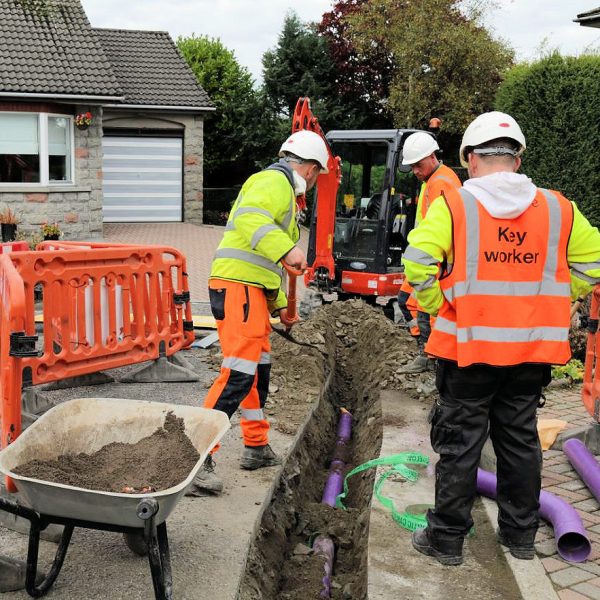

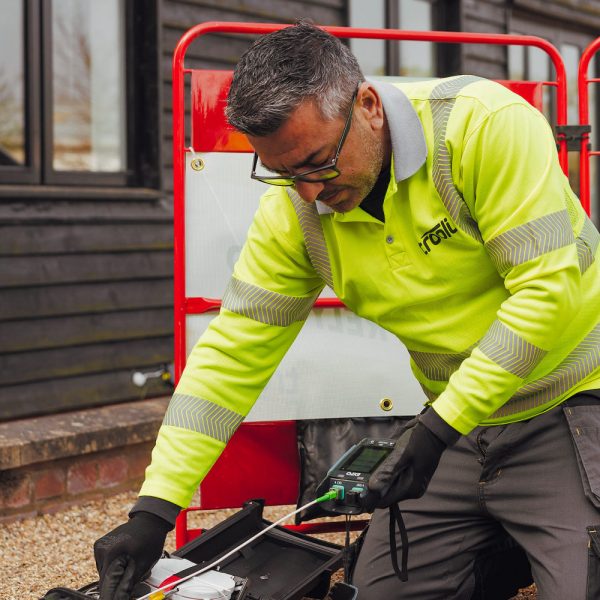


































Comments are closed